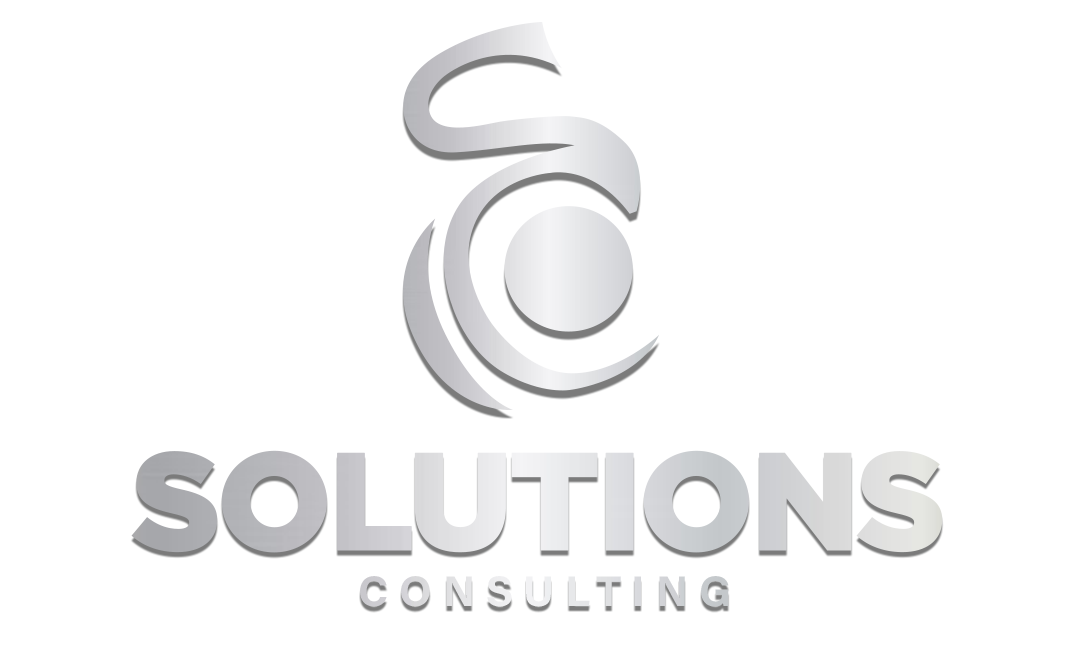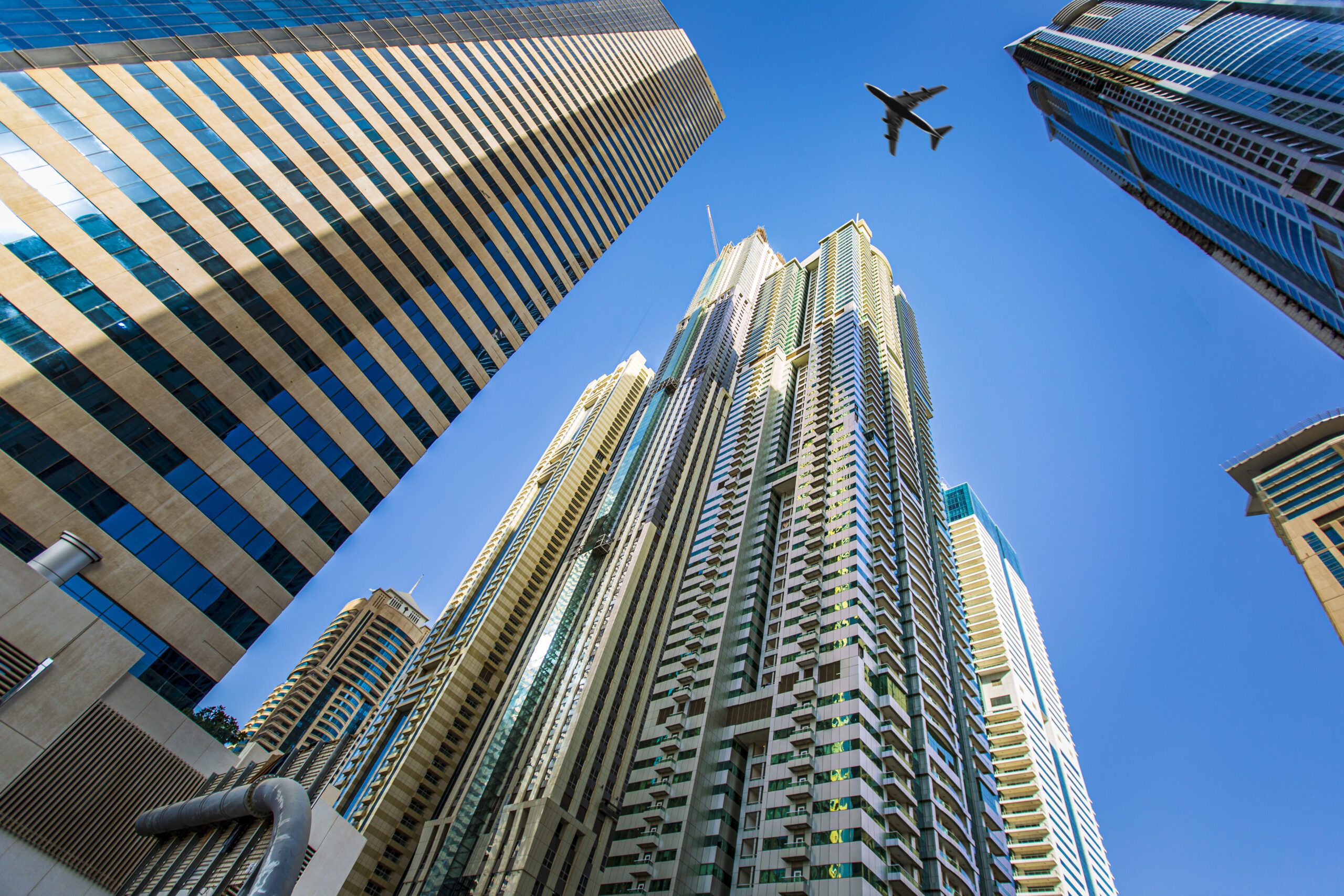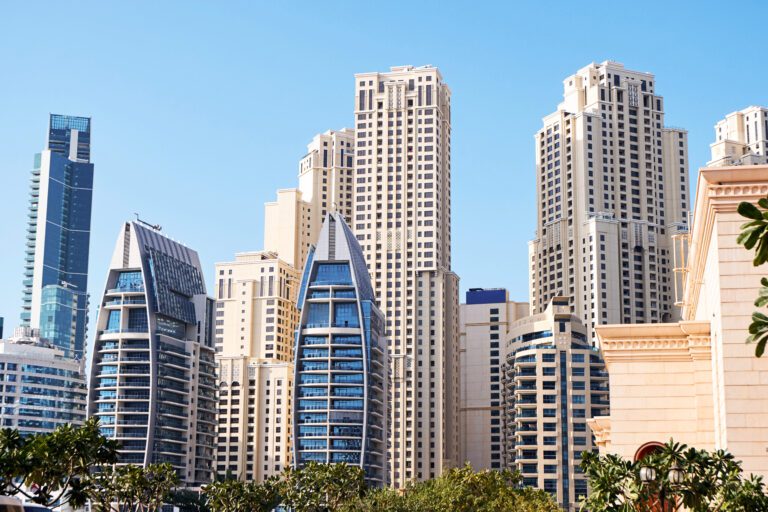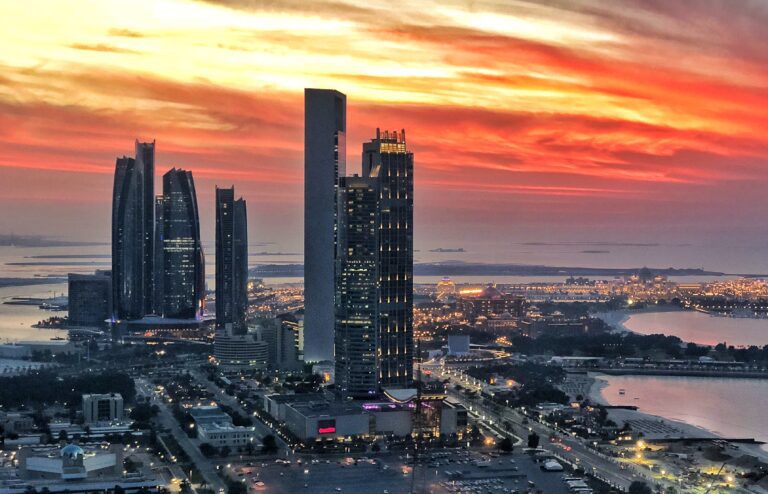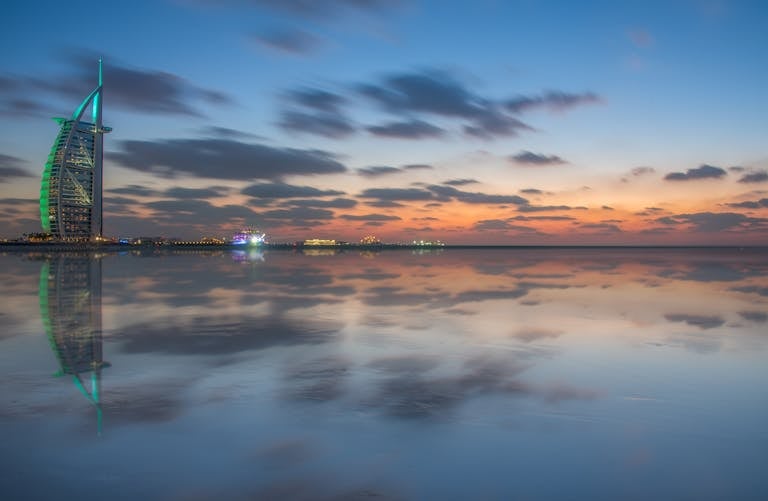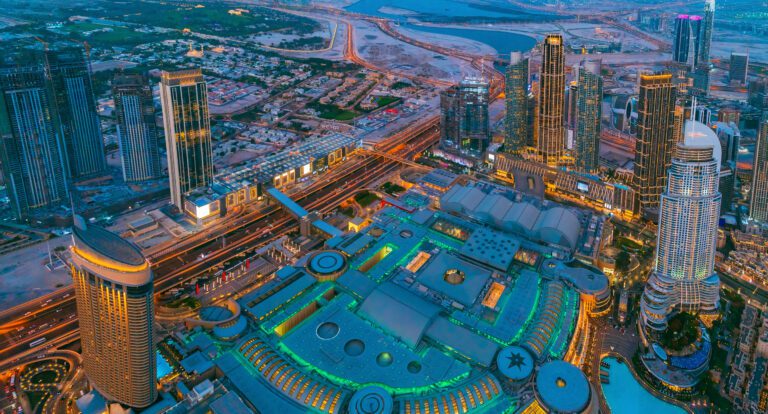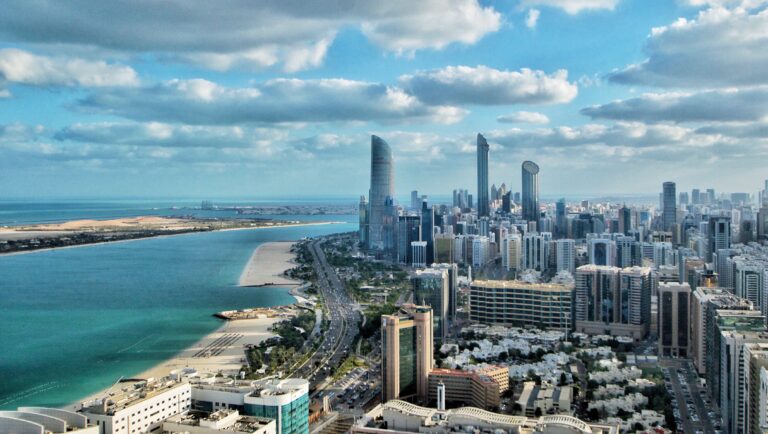The office sector in Dubai’s real estate market is seeing a notable increase in pre-commitments for the first time, driven by the UAE’s emergence as a favored hub for corporate expansions in the region.
According to industry executives, Grade A office spaces in Dubai are operating at occupancy levels exceeding 95%, with significant demand from Indian, Chinese, and European firms, alongside expansions by existing corporations.
Emirates NBD Research noted, “There has been a rise in pre-commitments across under-construction projects in most micro-markets. While this trend is common in more established office markets globally, it is a recent development in Dubai, indicating sustained corporate interest in the city.”
“Dubai has become a preferred destination for corporate occupiers looking to expand their office presence,” stated Dubai’s largest bank. “As a gateway city to the region, Dubai has attracted the majority of this occupier demand. Alongside other regional hubs like Abu Dhabi and Riyadh, Dubai has bucked the global decline in office activity seen over recent years.”
Globally, demand for office space has rebounded post-pandemic as economies recover, approaching pre-pandemic levels. However, some Asian markets have already surpassed their pre-pandemic benchmarks.
95% Occupancy of Grade A level Offices
The study highlighted a gradual increase in demand over recent years, initially driven by corporate consolidations and relocations from multiple smaller offices to centralized locations. Dubai’s competitive Grade A offerings and economic rebound, supported by government policies, have positioned the city as an attractive option for global corporations seeking to expand their office footprint and ensure resilience in their real estate portfolios in a region poised for sustained economic growth.
“In the region, Dubai led the resurgence in occupier demand post-lockdowns,” noted analysts from Emirates NBD Research. “Currently, most Grade A spaces in the city operate at occupancy levels of 95% or higher, a stark contrast to pre-pandemic times when demand was subdued, prompting landlords to offer incentives like extended rent-free periods, additional parking, and contributions to fit-outs.”
Demand for office space has come from both existing corporate occupiers and new entrants to the local market. “There’s been significant interest from Indian corporations, European companies, and tech firms from China,” the report added. “There’s also been a surge in demand from banking and financial services (BFSI) firms, particularly hedge funds expanding in the region, with the Dubai International Financial Center (DIFC) being the preferred free zone. The micro-market saw 1,451 new company registrations in 2023, a 34% year-on-year increase. With micro-market occupancy averaging 95%, demand has spilled over to the Abu Dhabi Global Markets (ADGM). Other micro-markets like Dubai World Trade Central (DWTC), Dubai Internet City, and Media City also reported robust activity levels.”
To meet rising office space demands, Dubai is expected to add over 1.2 million square feet of Grade A space in the coming years.
